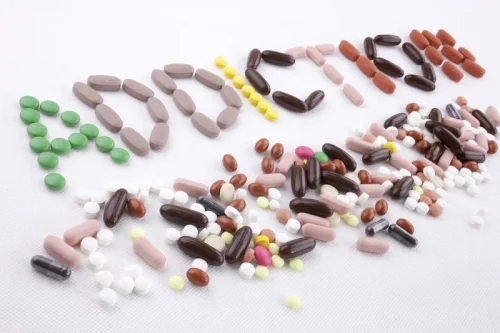
If it is not a prescription medication, your doctor may be able to help you reduce your use of the substance with the least side effects. If you develop a tolerance to a substance, it becomes less effective for you. For example, if you take a sedative to sleep, it may work very well at the first addiction vs dependence dose. When you first start drinking alcohol, it may have taken only a few drinks for you to feel drunk. But over time, you may need more drinks, more often, for the same effect. Medically, and in practice, addiction is most often diagnosed using the DSM-5 category of substance use disorder.
- Addiction and dependence are terms that are used interchangeably to describe an unhealthy, problematic reliance on drugs, alcohol, or other compulsive behaviors.
- You may spend more time and money procuring and consuming substances, leading to job loss and financial crises.
- For example, substance abuse could involve a college student who uses drugs or alcohol regularly and takes these in excess — often mixed with other substances.
- If this happens, or if you have been drinking or using drugs, such as opioids—illicit or prescribed, other prescription medications, stimulants, cocaine, or meth—you should seek medical help immediately.
- Fortunately, Volkow and her colleagues’ argument carried the day with the American Psychiatric Association’s DSM-5 committee in 2013.
Cognitive Dissonance and Addiction: Unraveling the Mental Struggle in Substance Abuse
He also sees people who have taken heroin without developing an addiction, yet they can’t seem to stop smoking and give up nicotine. You may assume that certain substances are more addictive than others, and that is partially true, Mr. Kump says. Addiction encompasses both a mental and physical reliance on a given substance.

What is drug addiction?

In part to address this problem, a change proposed for DSM-V is to alter the chapter name to ‘Addiction and Related Disorders’, which will include disordered gambling. The specific substance use disorders may be referred to as ‘alcohol use’ or ‘opioid use’ disorders. The criteria for the disorders are likely to remain similar, with the exception of removal of the ‘committing illegal acts’ criterion and addition of a ‘craving’ criterion. The other major change relates to the elimination of the abuse/dependence dichotomy, given the lack of data supporting an intermediate stage. These changes are anticipated to improve clarification and diagnosis and treatment of substance use and related disorders. Physical dependence on a substance (drug or alcohol) may be a component of addiction, but it does not itself equal addiction.
Online Therapy Can Help
- Chemical dependency is broader and may include other physical signs like an increasing tolerance to the substance, or withdrawal symptoms when someone tries to quit or cut down on using it.
- With that said, it’s important to note that you can be dependent on a drug without being addicted.
- Rather, the manual defines substance abuse disorders as mild, moderate, or severe.
- The opioid crisis is so bad that the U.S. government declared a public health emergency.
- Some habits may have no tangible effect on your life, like checking your phone in the morning.
(Substance use disorder, or SUD, is a preferred term in the scientific community.) Because of this lack of consistency, some ground rules can help differentiate between the two terms. Sometimes, severe withdrawal symptoms require monitoring from doctors in a hospital setting. Recognizing the differences between dependence and addiction is crucial for tailoring effective https://ecosoberhouse.com/ treatment and recovery strategies. Many people who use the term “dependence” are referring to physical dependence. Integrating the power of nature and evidence-based care to treat addiction and co-occurring disorders with detox, residential, and outpatient care. Making your bed, brushing your teeth, and taking a shower all have positive impacts on your life.

Contact us today to learn more about our residential detox and rehab for withdrawal management and stabilization as well as our dual diagnosis outpatient programs for ongoing support. Opioid-based pharmaceuticals, often used for pain management, can present a complex picture of both dependence and addiction, as both can develop even with proper use. The body adapts to opioids, leading to tolerance and potential withdrawal symptoms when their use is reduced.






